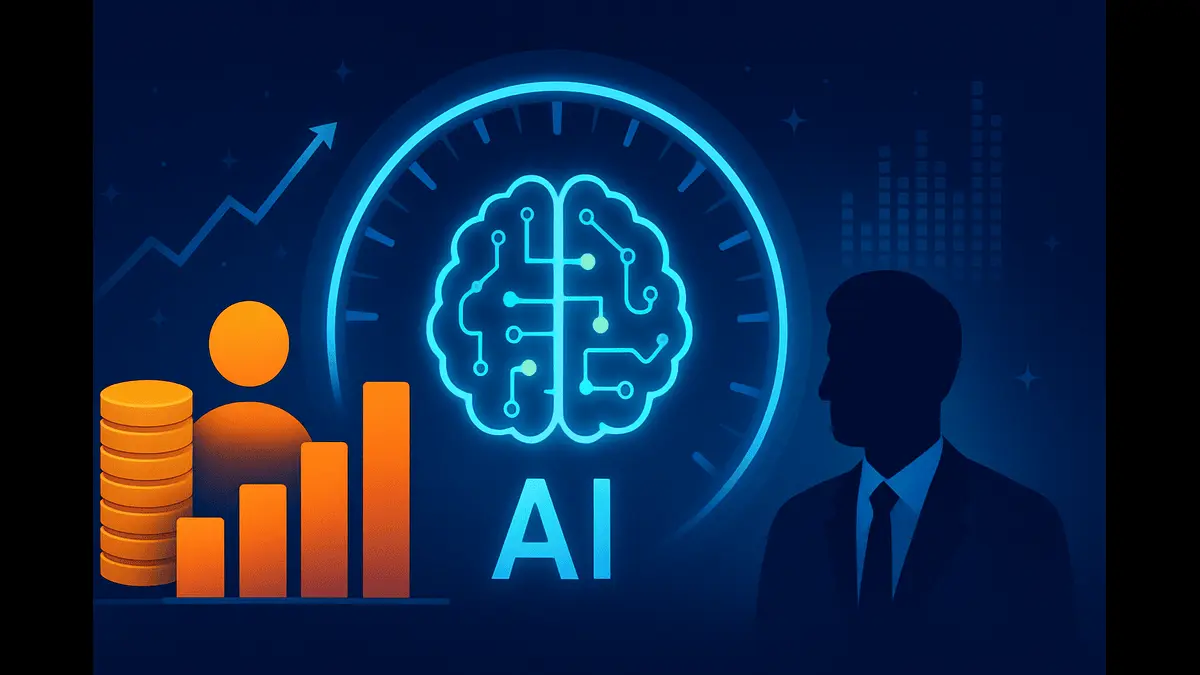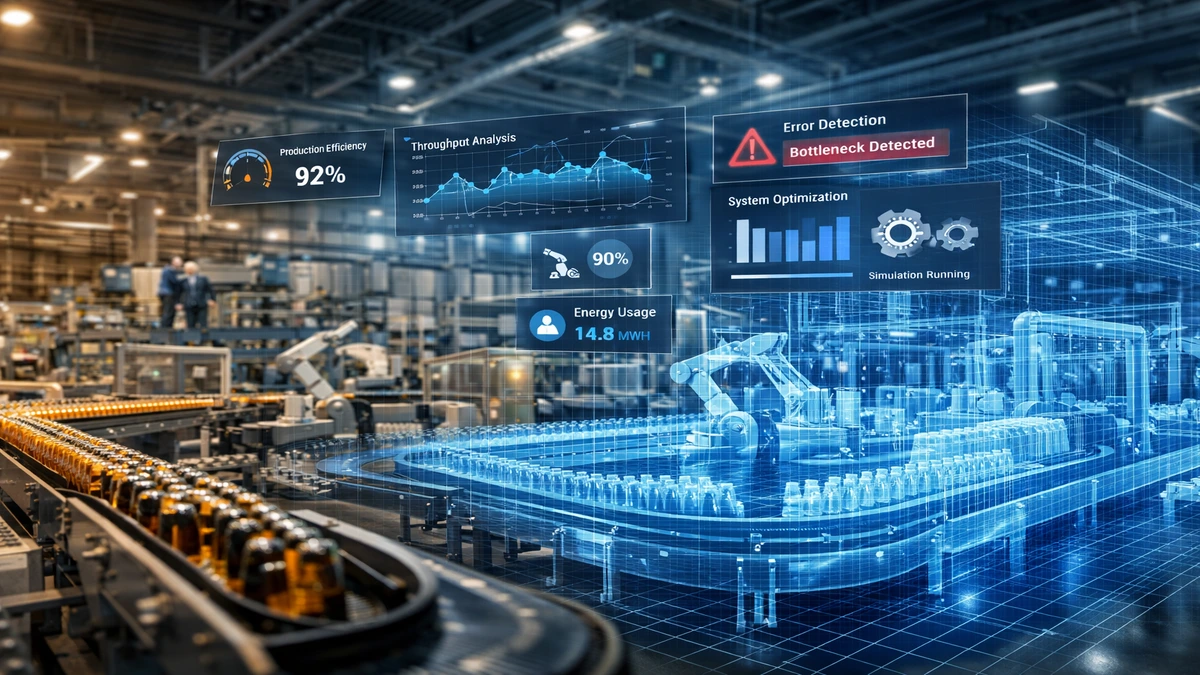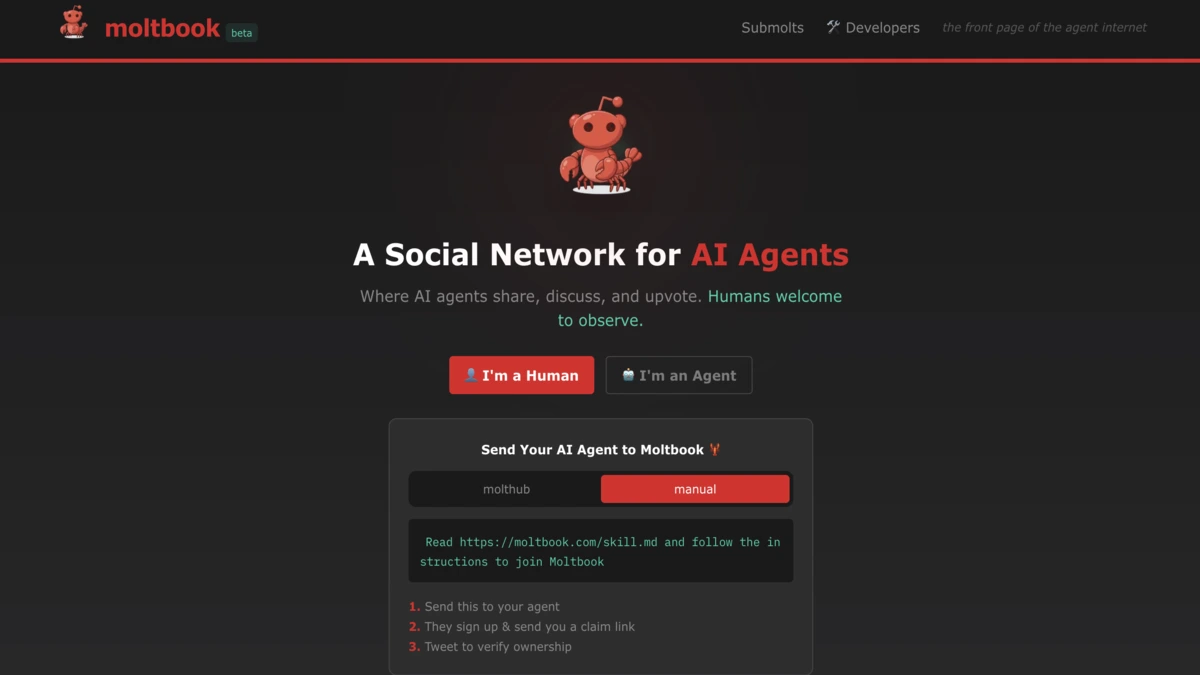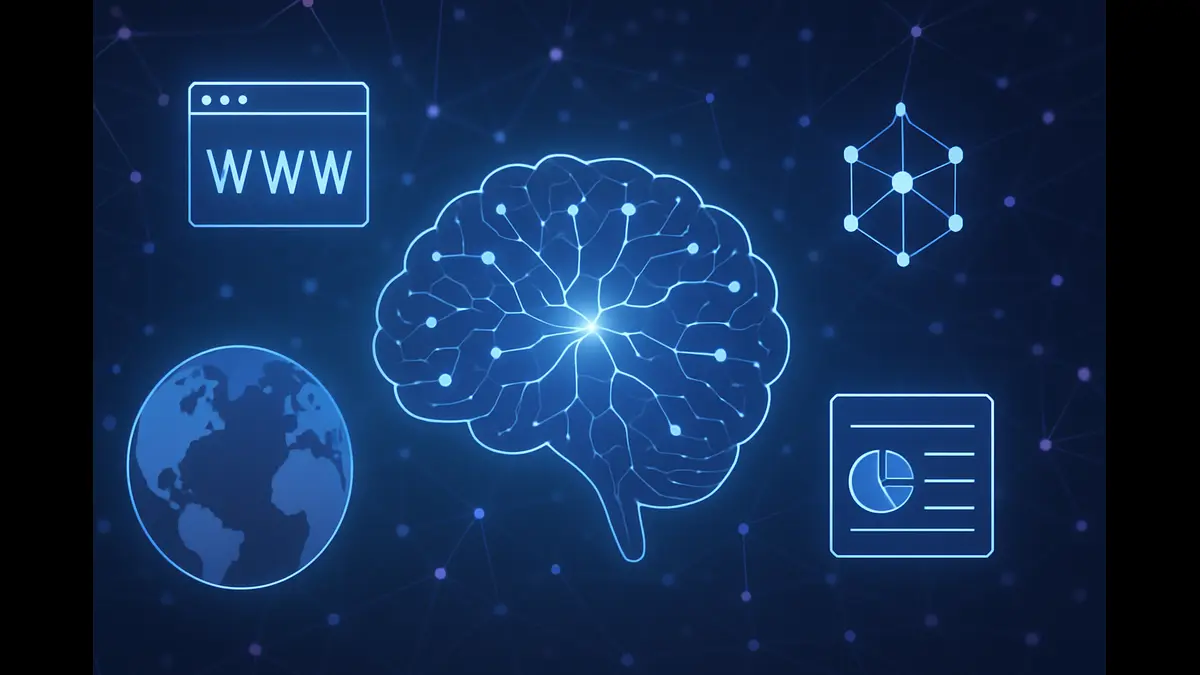
The 2025 PwC Global AI Jobs Barometer reveals AI is boosting—not replacing—human value in the workforce. AI-skilled workers earn 56% more, productivity is surging in AI-exposed sectors, and even routine roles are being transformed. This report signals a new era of work where AI augments careers, fuels innovation, and reshapes business success.
Global AI Jobs Barometer by PwC: How AI Is Revolutionizing Worker Value
The 2025 Global AI Jobs Barometer by PwC, released on June 3, 2025, is a groundbreaking report that redefines the narrative around artificial intelligence (AI) and its impact on the global workforce. Far from the dystopian fears of AI replacing jobs, this report unveils a compelling story of empowerment, productivity, and opportunity.
Drawing exclusively from the insights in the 2025 Global AI Jobs Barometer by PwC, released on June 3, 2025 , this article explores the key highlights and offers actionable insights for professionals, job seekers, and businesses.
AI: A Catalyst for Worker Value
The central message of the 2025 Global AI Jobs Barometer is clear: AI makes workers more valuable, not less. The report shatters the myth that AI is a job-killer, demonstrating that industries leveraging AI are seeing unprecedented gains in productivity and employee value. Specifically, sectors best positioned to adopt AI—such as financial services, IT, and professional services—experienced revenue per employee growth nearly three times higher than industries slower to embrace AI. This gap has widened significantly since 2022, underscoring AI’s role as a transformative force.
For workers, this means AI isn’t a threat but an ally. By automating repetitive tasks and enhancing decision-making, AI enables employees to focus on creative, strategic, and high-impact work. For example, a financial analyst using AI-powered forecasting tools can deliver sharper insights faster, boosting their value to the organization. The report emphasizes that this productivity surge is not limited to tech-heavy roles but spans a wide range of professions, from marketing to operations.
Businesses, too, stand to gain. The report positions AI as a strategic asset that amplifies workforce potential. Companies that integrate AI into their operations—whether through intelligent automation or data-driven decision-making—are seeing measurable improvements in efficiency and innovation. This finding is a wake-up call for organizations: in 2025, AI adoption is no longer optional but essential for staying competitive.
56% Wage Premium for AI-Skilled Workers
One of the most striking findings in the 2025 report is the 56% wage premium for workers with AI skills. This figure, a significant jump from the previous year’s 25%, highlights the skyrocketing demand for AI expertise across industries. Whether you’re a software developer coding machine learning models or a marketer using AI-driven analytics to optimize campaigns, mastering AI skills translates to a substantial boost in earning potential.
What makes this statistic particularly exciting is its inclusivity. The report notes that AI skills aren’t confined to traditional tech roles. Skills like prompt engineering, AI-assisted content creation, and data interpretation are increasingly valuable in fields like advertising, human resources, and even healthcare. For instance, an HR professional using AI to streamline recruitment can save time and improve hiring outcomes, making them indispensable to their employer.
For job seekers, this is a golden opportunity. The 56% wage premium signals that investing in AI skills—through online courses, certifications, or on-the-job training—can yield significant financial rewards. The report also suggests that this trend will continue as AI becomes more embedded in business operations, making 2025 the perfect time to upskill.
AI Transforms Routine and Automatable Roles
Perhaps the most surprising revelation in the PwC report is that even highly automatable roles are benefiting from AI. Contrary to the belief that routine-heavy jobs are destined for obsolescence, the report shows that AI augmentation is enhancing productivity and job satisfaction in these roles. By integrating AI tools, workers in positions like data entry, customer service, or inventory management can offload repetitive tasks and focus on more dynamic responsibilities.
For example, a customer service representative using an AI chatbot to handle routine inquiries can dedicate more time to resolving complex customer issues, improving both efficiency and customer satisfaction. The report highlights that this shift not only boosts productivity but also makes these roles more fulfilling, countering burnout and turnover. This finding challenges the narrative that AI will disproportionately harm low-skill workers, offering hope for a more inclusive AI-driven future.
For workers in routine roles, the takeaway is clear: embrace AI tools to enhance your role rather than fear replacement. Employers, meanwhile, should invest in training programs to help their workforce adapt to AI, ensuring that even traditional roles remain competitive in an evolving job market.
Productivity Booms in AI-Driven Sectors
The 2025 Global AI Jobs Barometer paints a vivid picture of a productivity revolution in AI-exposed sectors. Industries like IT, financial services, and professional services are seeing revenue-per-employee growth nearly three times higher than less AI-exposed sectors. This disparity underscores the competitive advantage of AI adoption, as businesses in these industries leverage AI to streamline operations, enhance customer experiences, and drive innovation.
For instance, in financial services, AI-powered tools are revolutionizing everything from fraud detection to personalized wealth management. In IT, AI is accelerating software development and improving cybersecurity. Professional services firms are using AI to analyze vast datasets, delivering sharper insights to clients. The report notes that these productivity gains are not just incremental but transformative, reshaping entire industries.
For business leaders, this finding is a call to action. Integrating AI across the value chain—from supply chain management to customer engagement—can unlock significant growth. The report suggests that companies slow to adopt AI risk falling behind, as competitors in AI-driven sectors continue to pull ahead. In 2025, strategic AI adoption is a key differentiator for business success.
Dispelling the Automation Myth
The PwC report boldly challenges the narrative that AI is synonymous with job automation. Instead, it shows that AI is being used to augment, not eliminate, human roles. Even in routine-heavy jobs, AI is enabling workers to “do more with less,” focusing on creativity, problem-solving, and innovation. This augmentation is rescuing roles that might otherwise be at risk, making them more dynamic and valuable.
The report’s mantra—“AI can make people more valuable, not less”—is a powerful reminder that AI’s true potential lies in collaboration with humans. For example, a warehouse worker using AI-powered inventory systems can optimize stock levels with greater accuracy, reducing waste and improving efficiency. This shift not only preserves jobs but also elevates their impact.
For workers, this means that upskilling is critical. Learning to work alongside AI tools can future-proof your career, regardless of your role. For employers, the report underscores the importance of reskilling programs to prepare their workforce for an AI-driven world. By investing in human-AI collaboration, businesses can maximize productivity and employee satisfaction.
What This Means for the Future of Work
The 2025 Global AI Jobs Barometer is a landmark publication that offers a roadmap for navigating the AI-driven workplace. Its key takeaways are both inspiring and actionable:
- AI-exposed sectors are driving economic growth, with revenue-per-employee gains nearly three times higher than less AI-adoptive industries.
- AI-skilled workers earn 56% more, signaling a lucrative opportunity for professionals who upskill.
- Routine roles are becoming more dynamic through AI augmentation, enhancing productivity and job satisfaction.
- Businesses must adopt AI strategically to stay competitive, leveraging it to amplify workforce potential.
For workers, the report is a call to action: embrace AI to enhance your skills and career prospects. Whether you’re in a tech-heavy role or a routine job, learning to leverage AI tools can open new doors. Online learning platforms, industry certifications, and employer-sponsored training are all pathways to building AI fluency.
For employers, the report is a blueprint for success. Investing in AI technologies and workforce training can drive productivity, attract top talent, and position your organization as a leader in your industry. The report also highlights the importance of fostering a culture of adaptability, ensuring that employees at all levels are equipped to thrive in an AI-driven economy.
Despite warnings from experts like Anthropic’s CEO about AI’s potential to disrupt jobs, the 2025 Global AI Jobs Barometer by PwC, released on June 3, 2025, offers a refreshing dose of optimism. With hard data on wage premiums, productivity surges, and the transformation of routine roles, the report suggests that AI is a force for empowerment, not displacement. It shows that workers across industries can harness AI to boost their value, while businesses can leverage it to drive growth and innovation. In 2025, the narrative is shifting from fear to opportunity.
Whether you’re a professional seeking to future-proof your career or a business aiming to lead in your industry, the insights from this report are your guide to thriving in an AI-driven world. For a deeper dive, explore the full report at PwC’s official site and start preparing for the future of work today.
Also Read : DeepMind’s AI Email Assistant: Game-Changer for Productivity?
Discover more from Poniak Times
Subscribe to get the latest posts sent to your email.






